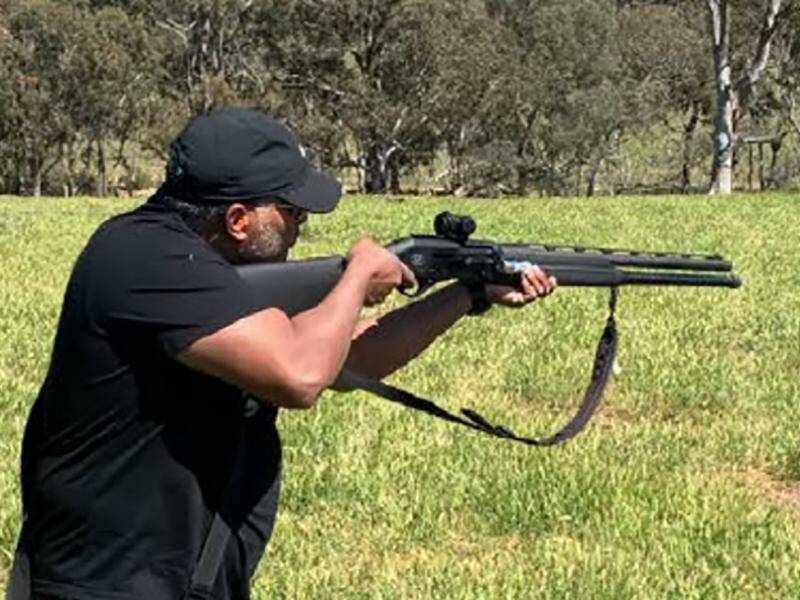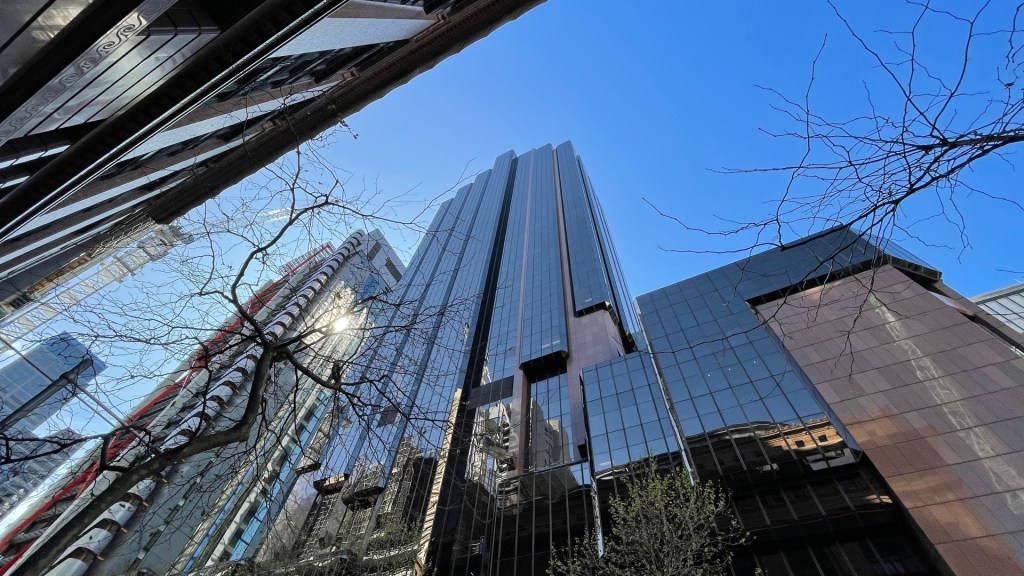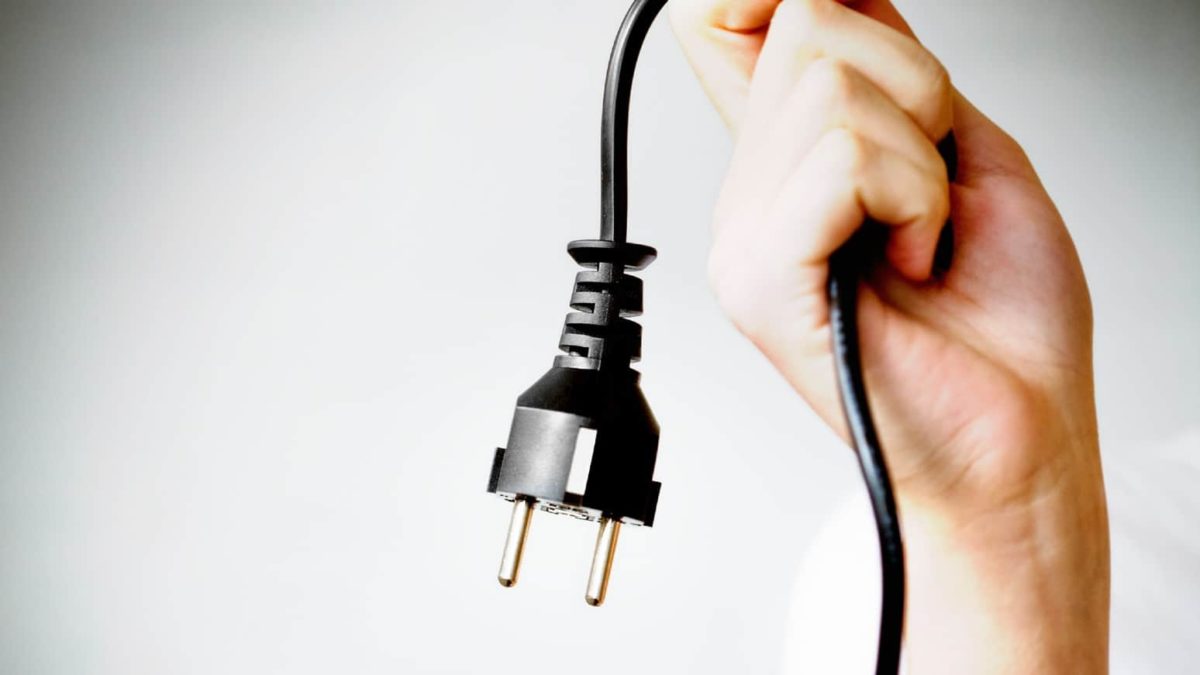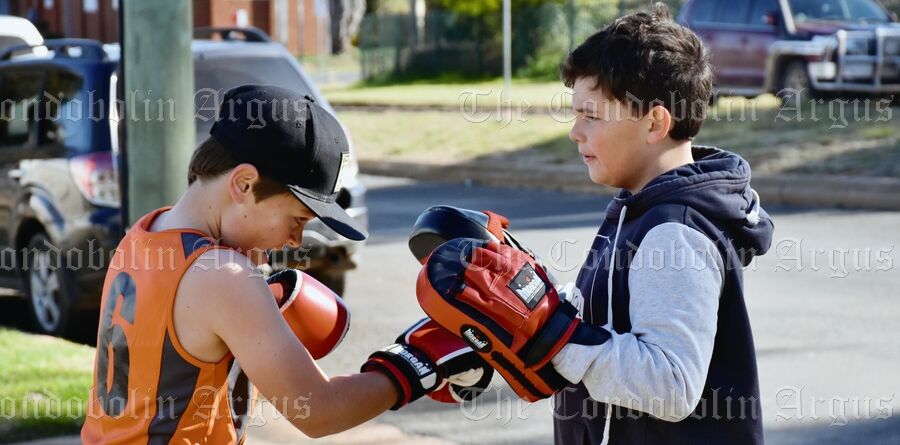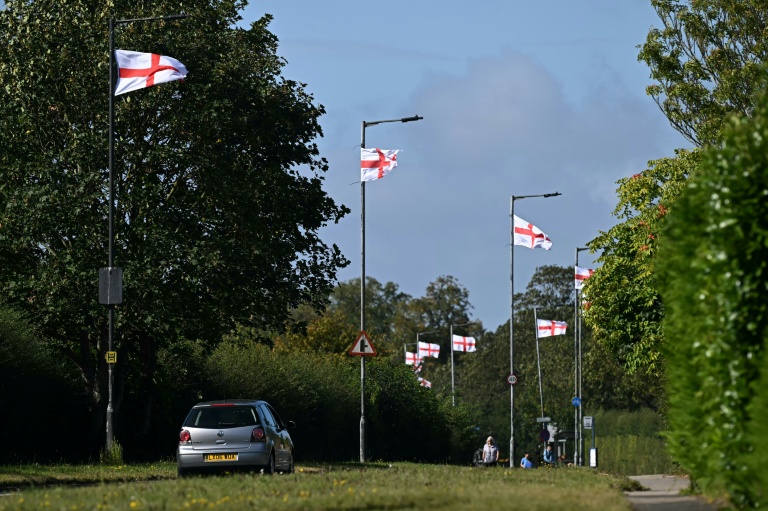
URGENT UPDATE: A fierce immigration debate in the United Kingdom has ignited a remarkable surge in the display of English and British flags across the country. As the sentiment surrounding immigration grows more intense, flags are now seen prominently on motorway bridges, lampposts, and in villages, towns, and cities, signaling a wave of patriotism not witnessed in years.
Authorities report that hundreds of thousands of St George’s flags and Union Jacks have been raised, with some public spaces even painted in England’s national colors. “We didn’t expect it to go so big, but it’s really happening,” said Carla Kennedy from Worcester, who is part of the Worcester Patriots group advocating for this flag display. The movement, often linked to rising anti-immigration sentiment, has drawn both support and criticism across the political spectrum.
The campaign, known as Operation Raise the Colours, claims to have installed over a million flags since launching in mid-August, a figure that remains unverified. Andy Saxon, a co-founder and ally of far-right figure Tommy Robinson, has been active in promoting the initiative on social media platforms. Critics argue this movement is driven by “hardened and extreme far-right activists,” raising questions about its motivations, as highlighted by the counter-extremism charity Hope Not Hate.
The atmosphere in Britain remains tense over immigration issues, particularly regarding the influx of asylum-seekers. Protests outside hotels housing these individuals have turned violent in some instances, notably in Epping, northeast of London. While overt displays of patriotism are often rare in England, this trend marks a significant shift, coinciding with growing discontent over immigration policies.
Political leaders are taking note. UK Prime Minister Keir Starmer expressed pride in the English and British flags, stating, “I think they’re patriotic and I think they’re a great symbol of our nation.” However, he warned against their potential misuse for divisive purposes, which could diminish their significance.
As the flags continue to rise in visibility, so does the conversation around nationalism and patriotism in the UK. Nigel Farage’s anti-immigration Reform UK party has capitalized on the current sentiment, leading to substantial gains in local elections and currently topping national polls.
The flags, once merely symbols for sports events, are now intertwined with deeper societal issues. “For a long time, the English flag has been associated with far-right extremism,” noted Professor Michael Kenny from the University of Cambridge. He emphasizes that the current trend is fueled by widespread frustration over government immigration policies, suggesting that this is not just a fleeting moment of patriotism but a significant cultural shift.
As this situation evolves, communities across England are embroiled in discussions about national identity and the implications of these flag displays. The upcoming events, including Robinson’s planned “UK’s biggest free speech festival” on September 13, will likely further amplify these tensions.
Stay tuned for more updates as we continue to monitor this developing story that reflects not only the pulse of patriotism but also the growing complexities of immigration discourse in the United Kingdom.

